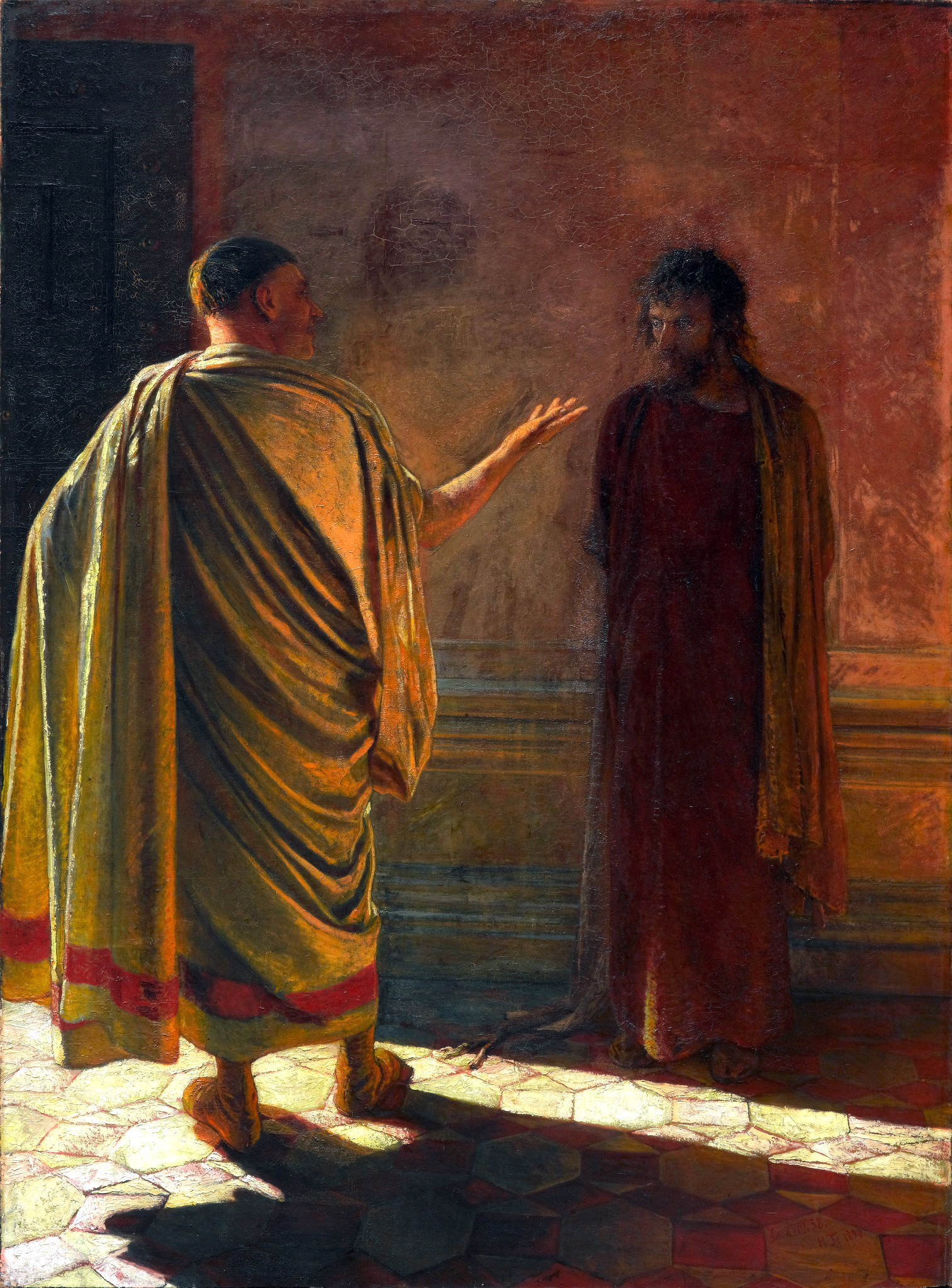 If you are not very familiar with this kind of material and have to decide between trying to understanding very well only part of the reading or doing the whole reading without understanding it completely, go for the second option. You'll be able to deepen once you have the whole picture and have learned the meaning of key terms.
If you are not very familiar with this kind of material and have to decide between trying to understanding very well only part of the reading or doing the whole reading without understanding it completely, go for the second option. You'll be able to deepen once you have the whole picture and have learned the meaning of key terms. Some concepts that regard the process of knowing in Aquinas's perspective may result useful, here is a glossary and summary explanation in lay terms as an introduction:
 I am walking by the lake and as I turn to one side, a few metres away from me, on the grass I perceive some shiny pieces of white and green moving with the wind. I turn my head to see better and I realise they are leaves with a darker colour in the front and a clearer colour under. They are attached to a white trunk. I suddenly remember a similar image outside the house where I grew up. I conclude this is a tree. Simple apprehension so far. Then I think "This is a birch". This is a judgement and it can be right or wrong, be true or false. Maybe it is a birch, of a similar kind to the ones I used to see outside my childhood house. Or maybe it is not a birch, it is an aspen tree.
I am walking by the lake and as I turn to one side, a few metres away from me, on the grass I perceive some shiny pieces of white and green moving with the wind. I turn my head to see better and I realise they are leaves with a darker colour in the front and a clearer colour under. They are attached to a white trunk. I suddenly remember a similar image outside the house where I grew up. I conclude this is a tree. Simple apprehension so far. Then I think "This is a birch". This is a judgement and it can be right or wrong, be true or false. Maybe it is a birch, of a similar kind to the ones I used to see outside my childhood house. Or maybe it is not a birch, it is an aspen tree.
- Particular senses: what we call the external or "five senses": sight, smell, etc.
- Common sense: the "central" sensitive faculty that allows us to distinguish sensorial information coming from the "particular senses" in the same perception (eg sweet from blue or noisy from bitter).
- Cogitative power: a bridge between of our senses and the intellect. The equivalent power in animals is the estimative one. It helps us perceive something particular as beneficial or harmful. In animals that knowledge is instinctive, in humans it is "sprinkled" with rationality (eg the urge to run away from fire).
- Imagination: the internal sense through which we represent to ourselves an object known by the external (particular) senses.
- Memory: the internal sense through which we represent to ourselves an object known through the external senses in the past, remembering the circumstances that accompanied that knowledge.
- Agent intellect: an "active" part of the intellect (therefore the spiritual faculty) that works on the product of what the external and internal senses have captured.
- Passive intellect: a receptive part of the intellect on which the agent intellect produces as conclusion the form of the object known.
The process described above is called simple apprehension, and its outcome is for us to capture the essence or "quiddity" of the object known.
After the simple apprehension comes judgement, the affirmation or negation of what the object is or is not. For instance that a rabbit is a living being. Several times in the reading you'll find Thomas pointing out that truth or falsity occur in this "judgement" part.
An example using these concepts:
Except for a case in which my senses are defective, eg I don't see colours properly, the simple apprehension is pretty straightforward and I will get "the concept" of the tree in front of me, that's why St Thomas says at this level there is no falsity. It is at the judgement stage that truth or falsity come to the stage.
You don't have to understand at this stage the whole process of simple apprehension (you may not find it that "simple" after all!). But it is important to see what the process is like, what the terms mean and how that relates to the truth / falsity discussion in the last four numbers of Question 1 De veritate.
To join our mailing list or for any questions/comments click here.
To join our mailing list or for any questions/comments click here.

